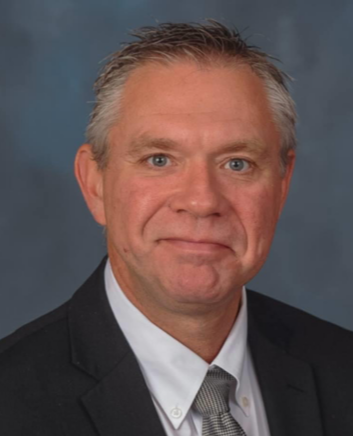Cariboo Chilcotin MLA Lorne Doerkson spoke in the BC Legislature on this year’s wildfire season, and the need for more solutions.
“It’s no secret that this year, BC experienced one of the worst wildfire seasons on record. More than 1600 fires burned nearly 8700 square kilometres of land, destroying homes and barns, hectares of forests and rangeland, which displaced thousands of people. It can be difficult to fully understand the impact of these fires and the scale of the damage if you haven’t lived it. For many in British Columbia, the Summer wildfire season simply means a ban of campfires during their summer vacation or hazy late august days when the smoke from the interior finally makes its way to the South. It can mean the catastrophic loss of lives and livelihoods, even as these devastating wildfires become increasingly and unfortunately routine.
Doerkson continued to speak on those who were indirectly affected by evacuations alerts and orders.
“There were dozens of businesses and tourism operators in the Cariboo Chilcotin that were impacted by decreased tourism as a result of the evacuation alerts. Despite the active fires being a significant distance away, these are businesses that were already struggling through the pandemic. They were depending on a busy summer season to get them through. Many soon found themselves in the frustrating situation of being far enough away from the fires that they didn’t have to leave but were close enough that no patrons could come to them. As a result, many of these good businesses could be lost, to this wildfire season even though they did not come in contact with the flames.
Doerkson continued by speaking on those who had to leave their homes.
“For neighbourhoods that did have to evacuate, many families faced the theft of cherished possessions from their homes due to the lack of security. We talked a lot about this this summer, people who were disobeying evacuation orders without stopping to think about what may prompt people to stay behind and risk their lives. It’s hard to convince people to leave their homes when there is no offer of assurance for keeping their belongings safe, from looters or their homes safe from flames.”
Doerkson also spoke on the impacts for people such as ranchers.
“For ranchers, a fire on their property not only means a risk to livestock in the short term, but it can also mean that grazing land, or fields where feed is grown are destroyed, and it can take multiple years for burned land to be productive again, meaning that ranchers will not just be short on feed this year, but possibly two or three years into the future. There’s a ranching family in my community that is in that exact situation, and they now find them short 800 full-size round bales of hay, and that is for this season. It’s a significant need and something that will impact their operations for years and years to come.”
How the wildfires have and will continue to affect the environment, was another topic he touched on.
“Destroyed forests also mean the loss of biodiversity, whole ecosystems can be decimated, and growing pressures of climate change make recovery all the more difficult for the flora and fauna that call our forests home. Climate change is obviously a central part of the conversation around wildfires, and it’s clear that we’re seeing worsening fire seasons as a result of rising temperatures, and more frequent droughts, this summer was a prime example of this. as the heat dome and ongoing drought created for the perfect storm for the explosion of active wildfires that we witnessed in late June and early July. We cannot just talk about the way climate change is impacting wildfires, we also need to talk about how more frequent and severe wildfires can in turn accelerate climate change. We know that forests are a vital carbon sink, accumulating and storing carbon, and therefore lowering the concentration of CO2 in the atmosphere. When our forests burn, that does not just mean the loss of our precious carbon sinks, it also means the release of vast amounts of carbon in our atmosphere. These emissions are not always accounted for in our conversations and strategies to address climate change, despite their significant environmental impacts.”
Doerkson finished by stating the need for new solutions to prevent and fight wildfires in the future.
“It’s clearer than ever that we need to pursue new solutions and better ways to prepare for the fight against wildfires. We need to better utilize local and indigenous knowledge, find ways of using all the resources at our disposal, including private contractors, many of whom were available, but left on the sidelines this year, and continue to work to tackle climate change so that devastating wildfire seasons on the scale of this year do not become the norm.”
Something going on in the Cariboo you think people should know about?
Send us a news tip by emailing [email protected].








